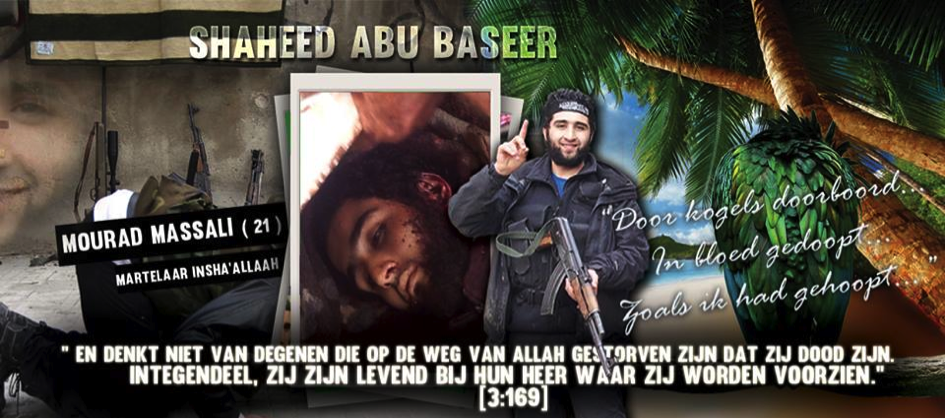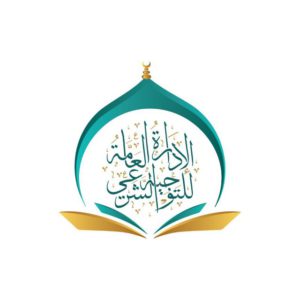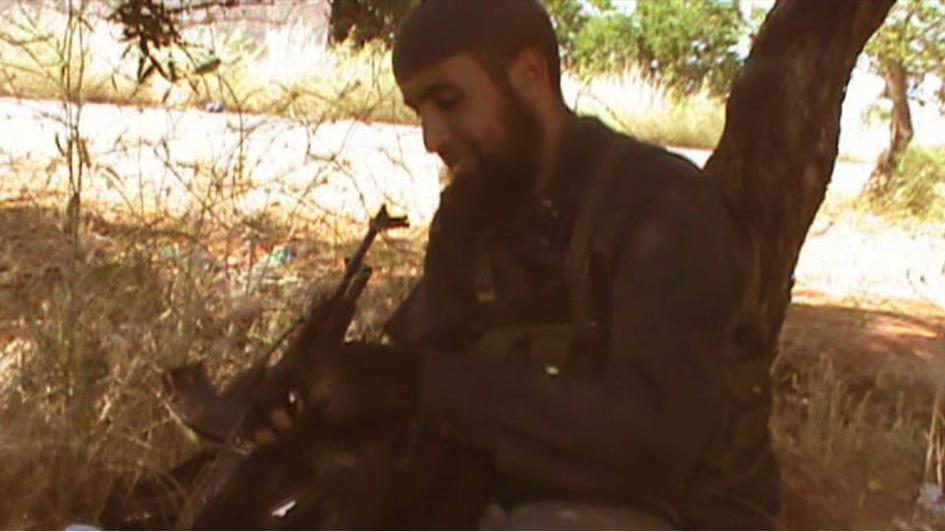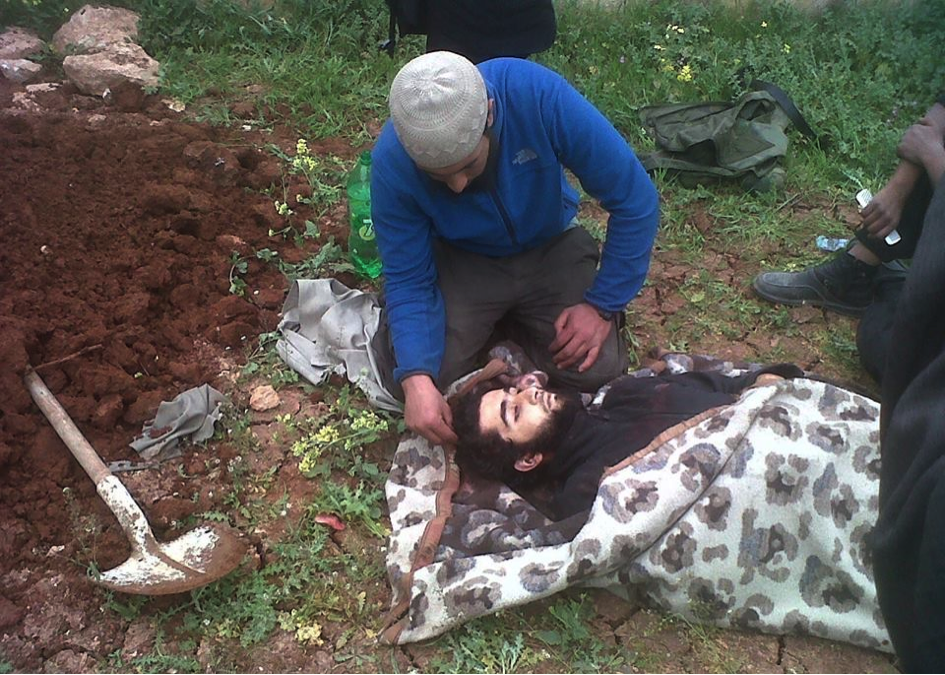NOTE: As with all guest posts, the opinions expressed below are those of the guest author and they do not necessarily represent the views of this blogs administrator and does not at all represent his employer at the Washington Institute for Near East Policy.
Jihadology.net aims to not only provide primary sources for researchers and occasional analysis of them, but also to allow other young and upcoming students as well as established academics or policy wonks to contribute original analysis on issues related to jihadism. If you would like to contribute a piece, please email your idea/post to azelin [at] jihadology [dot] net.
Click here to see an archive of all guest posts.
–
Dutch Foreign Fighters – Some Testimonials from the Syrian Front
By Pieter Van Ostaeyen
Introduction:
A while ago I documented Belgian Jihadi’s in Syria quite meticulously, even though source material is rather limited. Especially on social media the Belgian fighters seem to be keeping a rather low profile. Exactly the opposite stands for their “colleagues” from The Netherlands. It didn’t take too much trouble to stumble upon quite lengthy posts on all kinds of social media platforms. As opposed to my earlier work on the Belgians, I will not give an overview of who left, got killed or returned home; in these posts I will present some personal stories of the Dutch foreign fighters. This will be the first part in a series of posts on the topic.
Their Armor:
The armor of the Dutch Mujahideen:
- A Kalashnikov AK46 and 6 extra magazines
- A Makarov pistol
- Two handgrenades: one defensive, one offensive
- A sharp knife
- A Casio watch
This photo was taken an hour before a battle in the larger Homs area. The operation counted 150 fighters against about 400 regime forces.

Perhaps the most important belonging of a Dutch fighter is a translation of the Qur’an.
(This one is the translation by Fred Leemhuis (ISBN 90 269 4078 5), without any doubt the best translation of the Qur’an in Dutch)

The story of Mujahid Mourad Massali – Abu Baseer

It was at the end of 2012 when we in Holland said goodbye to Abu Baseer. We were going training that evening but Abu Baseer came with the intention of saying farewell to the brothers. At first Abu Baseer didn’t want to participate in the training but after some brothers insisted he joined in. After the training we said farewell, Abu Baseer embraced us and asked for forgiveness. We later found out that this was to be the last night Abu Baseer was amongst us.
Abu Baseer is a brother who inspired many in The Netherlands to take the path of Jihad. He always called for truth, whether at work, in the streets, in the Mosque and even from Syria. He called us from Syria and told us about the beauty of Jihad; we would be foolish not to come over. This brother had everything he could wish for living in The Netherlands; he had a college degree, was married at the age of 20 and was soon to become father, he had a good job and lived with his wife in his own house. He was a lucky young man and yet he choose to sacrifice his life fighting for the cause of Allah.
It was not only the love for Allah that made Abu Baseer leave for Syria, but more importantly his love for the Ummah. For when a Muslim sees the suffering of the Syrian people, he sees them as if they were his own parents, his own children. It cannot be that the tears from our mothers in The Netherlands are more important than the tears of the hundreds of thousands Syrian mothers. These Syrian women lose husbands, children and family daily. These women get killed, raped or tortured. These women we see as our own mothers, we feel their grief as if it was our own. The same applies for the Syrian men and children who we see as our own kin.
If I would have to describe Abu Baseer in one word, I would use ‘Izz (honor). He was a man of honor and strength loyal to his Brothers. When he heard some Muslims were in hardship he always was the first to start collecting money to help them out. Whenever you were in trouble, Abu Baseer was there to help you out.
We arrived in Syria a month after him, we had to wait before meeting him because he was on a mission protecting the borders. Me and the Brothers were in the [military] training camp at that point. He was on his mission on the front for over 40 days. On missions like this you are at guard, facing the enemy constantly. Sometimes sleeping in your battle gear.
It was later that evening I saw Abu Baseer again. It had been about two months ago. We embraced; a moment not to forget. We spent hours with the brothers around a fire, talking about The Netherlands. And there we were in the blessed land of as-Sham al-Mujahideen. It was a dream to be participating in Jihad and Allah’s blessing to be in the company of an old group of friends.
Abu Baseer always had a prominent role on the battlefield. His courage and caring for wounded brothers are remembered. He was always the first on the frontline; even though he was younger, he engaged us all in Jihad.
The Battle of Khan Touman
We heard about a major battle coming up. It was directed against a major army base. That morning we left in several groups towards Khan Touman. Our orders were strict; no prisoners were to be taken and there was no such thing as retreat. We said goodbye to each other, we made some photos …
We divided into seven platoons. In total we were about 500 taking on about 2000 or more in open field. We were to attack after dusk. The platoon of Abu Baseer, led by Abu Baraa al-Homsi, was one of the first in battle. After initial silence, suddenly fire broke loose on Abu Baseer’s front. The group had overrun al-Assad’s troops and penetrated deep into enemy frontlines. Those who returned, told me bullets and bombs were all around but didn’t hit the brothers. One of the wonders they told about was that a mortar grenade landed in their middle and didn’t explode.
The next day me, Abu Baseer’s brother and other brothers we knew from The Netherlands, were sent to reinforce another frontline. Abu Baseer was there, he welcomed us and we decided to fight side by side. A dream came true. Every Muslim caring for Jihad dreams about fighting side by side with his brothers. Fighting the enemies of the Ummah. Who would have known this when we were in The Netherlands ?
After the evening prayer the enemy had fallen back to its original positions. I would protect this outpost together with Abu Baseer and four other Ansar during nighttime. It was a cold night and we were hungry. We had almost no blankets and slept on a concrete floor. Some of us hadn’t slept in over 48 hours. And yet in turn we had to take guard and stay on the look-out for the enemy. It is in times like this you experience Jihad an-Nafs fully; the internal strife you’re going through is but a reflection of the external battle you experience. But if you lose your internal strife it will reflect on battle and vice versa.
After we pray
ed Fajr we were going to the front line and awaited the enemy. This time they returned with more heavy weapons, covered by tank fire and heavy artillery. At a certain point I lost track of Abu Baseer and went out looking for him at the front. After I didn’t find him there, I returned to the other Dutch brothers. It is at this time we ran into Abu Baseer; he was carrying a box of food and fruit. We never knew where he got it, but he by himself thus provided over twenty men with breakfast. This is how Abu Baseer always thought about his brothers first and why we loved him so deeply.
After we ate Abu Baseer told me it would be better if we would reinforce the right flank because fighting was heavier there. We asked the Amir for permission to go there. Once arrived we ran into some brothers with food and drinks. One of them offered us some energy drinks; Abu Baseer took one and put it in my vest saying “here, take this, you’ll need it.” When the brother offered Abu Baseer one, he decisively said: “no, no, not for me, today I will drink in Paradise.”
The fighting was heavy, it was the last outpost of the enemy. We were under heavy fire from tanks. Luckily the Mujahideen as well had tanks and anti-tank rockets. Our Amir Abu al-Baraa had a rocket launcher he wanted to use on one of the tanks that shelled us constantly. He asked for volunteers to approach the tank. Abu Baseer was the first one to volunteer, I went with him.
The three of us now had to cross an open field, with only some high grass as cover. One of the brothers helped us cutting the barbed wire and we ran into the open land. They fired upon us with all they had; machine guns and snipers. The tank didn’t spot us yet but we were under heavy fire. Abu al-Baraa and Abu Baseer were three feet in front of me, they were going to fire the rocket at the tank which was only fifty feet away. When the tank spotted us it fired at us with its heavy machine gun and soon the shelling started.
The rocket, although it was brand new, blocked. Abu al-Baraa ordered me to go back to the others and return with the brother specialized in using these rockets. So once again I had to run across the field while the enemy had us in sight. The last thing I heard was Abu Baseer advising me to keep to the right. This was to be the last time he spoke to me…
When I arrived back I explained the situation to the others, the brother was to prepare to return back with me. Suddenly we heard via the radio one of us was martyred at the right flank. Some rushed in to get the body of the martyr. When I saw Abu al-Baraa and the others returning with a body, I knew Abu Baseer got what he wanted; to die as a Shaheed. Abu Baseer had been shot in the neck. We buried our friend the same day, a smile on his face.
A few hours after Abu Baseer died we took over the enemy base, after only two days of battle. We later destroyed the tank that caused Abu Baseer’s death. We captured 27 hidden bunkers stuffed with weapons and ammunition and two million liters of diesel. This was a marvelous victory, a glorious day to die as a Martyr. We later realized it was only because Allah wanted it







